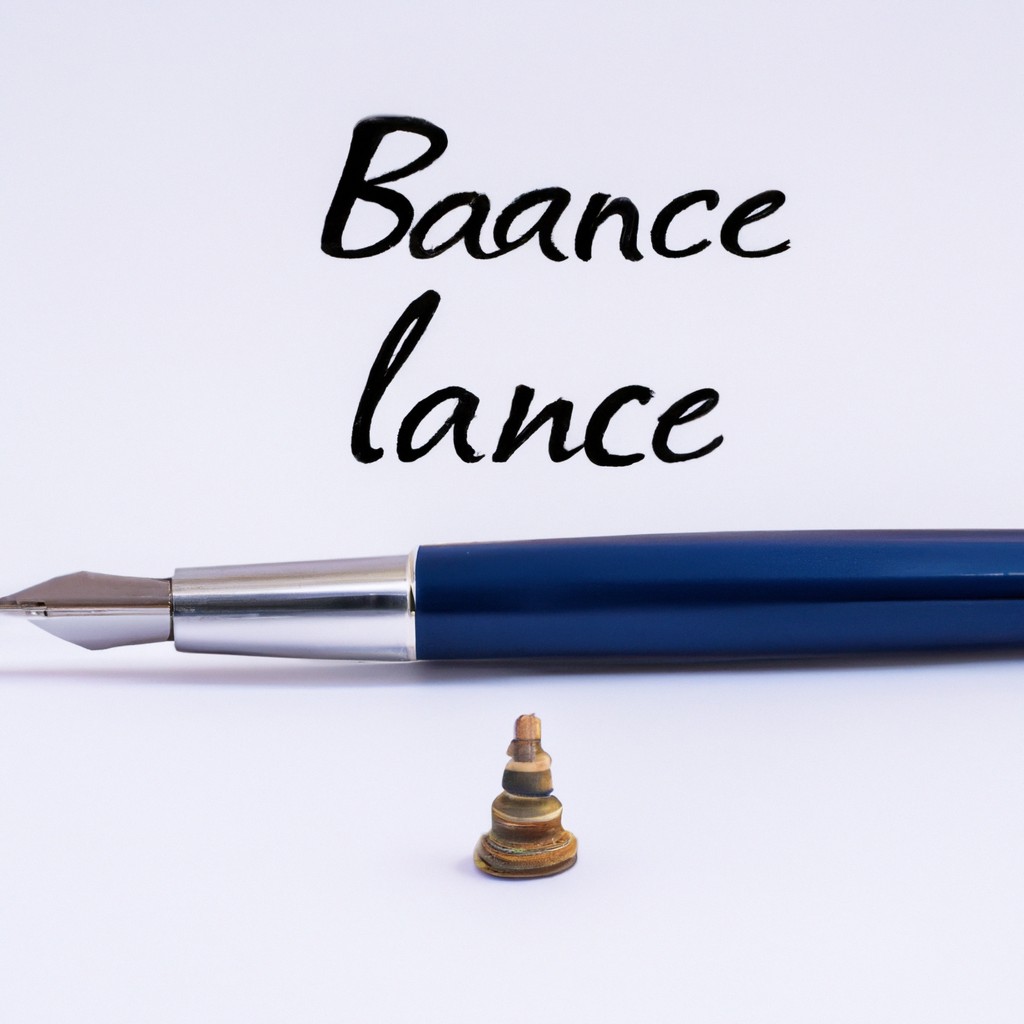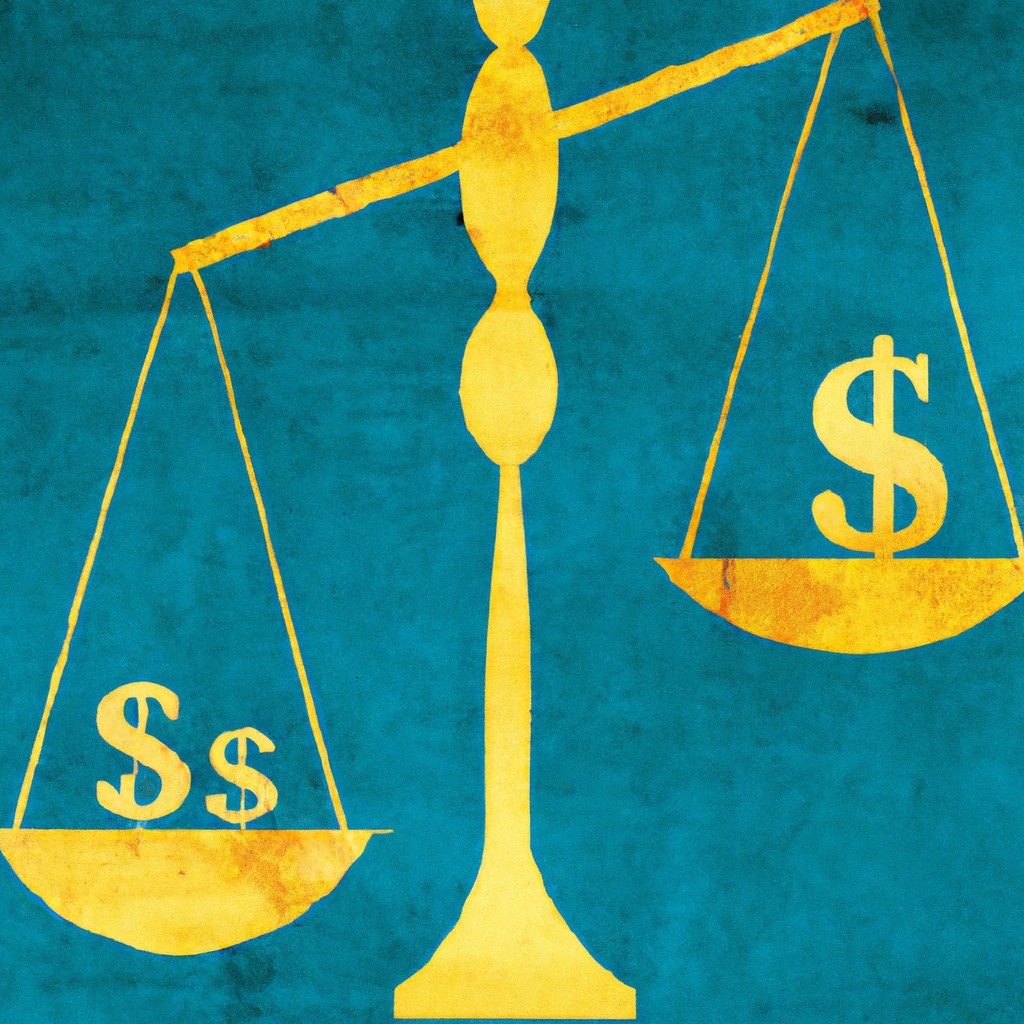Importance of public opinion in shaping policies

Public opinion plays a vital role in shaping policies as it reflects the thoughts and sentiments of the general population. It serves as a barometer for gauging the desires and expectations of the people, ensuring that policies are responsive to their needs. When policymakers take public opinion into account, they demonstrate a commitment to democratic principles and inclusivity. Moreover, involving the public in decision-making fosters a sense of ownership and empowerment, enhancing the legitimacy of policies. By considering various perspectives and engaging in dialogue with citizens, policymakers can make informed decisions that are more likely to succeed. Ultimately, a robust and well-informed public opinion contributes to the development of policies that best serve the interests of society as a whole.
Read more
Case studies of countries implementing wealth redistribution policies.

Case studies of countries implementing wealth redistribution policies reveal the transformative impact such measures can have. Take Sweden, for example. Through progressive taxation, increased social welfare spending, and equal access to education, Sweden has achieved a more equitable society. This has resulted in reduced poverty rates, improved social mobility, and a stronger sense of solidarity among its citizens. Similarly, Brazil's Bolsa Familia program has lifted millions out of poverty by providing conditional cash transfers to low-income families. This initiative has not only alleviated financial hardship but also empowered individuals to pursue education and escape the cycle of poverty. These success stories highlight the potential benefits of wealth redistribution policies in creating a fairer and more inclusive society.
Read more
Policies for reducing economic inequality

Income inequality is a pressing issue that requires effective policies for mitigation. One approach is progressive taxation, where higher-income individuals pay a larger proportion of their earnings in taxes. This redistributes wealth and helps narrow the gap between the rich and the poor. Another strategy is implementing a minimum wage that ensures workers' wages are fair and sufficient for their needs. Education is also vital, as it provides opportunities for upward mobility. Investing in quality education for all can empower individuals and break the cycle of poverty. Lastly, promoting equal access to healthcare and social services can alleviate the burden on low-income individuals and improve their overall well-being. To combat economic inequality, a multi-faceted approach is crucial.
Read more
Types of wealth redistribution policies

There are various types of wealth redistribution policies aimed at reducing income inequality and promoting economic fairness. One common approach is progressive taxation, where individuals with higher incomes are taxed at a higher rate. Another method is through social welfare programs, like unemployment benefits and food assistance, which provide support to those in need. Additionally, minimum wage laws can help increase the income of lower-paid workers. Wealth taxation is another strategy, where a percentage of an individual's assets or net worth is taxed. Lastly, some countries implement inheritance taxes to redistribute wealth that is passed down through generations. These policies attempt to create a more equitable society by ensuring that wealth is distributed more evenly among the population.
Read more
Implementing inclusive policies and practices

Implementing inclusive policies and practices is vital for creating an equitable and welcoming society. By prioritizing the needs of all individuals, regardless of their race, gender, or ability, we foster an environment of acceptance and equal opportunity. Inclusive policies ensure that everyone has access to education, healthcare, employment, and other essential services. Such practices promote diversity, fostering a rich tapestry of ideas and perspectives. By actively involving marginalized communities in decision-making processes, we tap into a wealth of untapped potential. Inclusive policies not only improve the lives of individuals but also benefit society as a whole, creating a more harmonious and fair world for everyone.
Read more
Existing legal frameworks and policies

Existing legal frameworks and policies play a vital role in shaping and regulating societies. They provide a framework for addressing various issues, such as human rights, environment, and governance. These frameworks govern the behavior of individuals, organizations, and governments, ensuring fairness, justice, and order. However, sometimes these frameworks can be complex and inaccessible to those they are meant to protect, leading to a lack of enforcement and understanding. It is crucial to regularly review and update these policies to keep up with the evolving needs and challenges of society. Efforts should also be made to improve accessibility and transparency, enabling everyone to understand and engage with the legal system. By ensuring strong legal frameworks and policies, societies can foster trust, inclusivity, and accountability, ultimately leading to a fair and just society for all.
Read more
Social welfare policies

Social welfare policies aim to provide support and assistance to individuals in need, fostering a more equitable society. These policies can take various forms, such as unemployment benefits, healthcare provision, and housing assistance. By implementing these measures, governments strive to uplift vulnerable populations and reduce inequality. Effective social welfare policies not only address immediate needs but also promote long-term empowerment and self-sufficiency. They recognize the inherent dignity of every individual and seek to ensure basic necessities are accessible to all. Through robust and inclusive social welfare policies, societies can create a safety net that protects the most vulnerable members and fosters a sense of solidarity and compassion within the community.
Read more
International relations and foreign policies.

International relations and foreign policies play a crucial role in shaping the world we live in today. These are the intricately woven threads that connect nations, guiding their interactions and decisions on a global scale. From trade agreements to diplomatic negotiations, international relations dictate how countries navigate the complex web of politics and establish their positions on issues. Foreign policies, on the other hand, represent a country’s specific approach to managing its external affairs, encompassing everything from economic strategies to security alliances. Through international relations and foreign policies, countries strive to safeguard their interests, forge alliances, resolve conflicts, and promote peace and stability worldwide.
Read more
History of government policies

The history of government policies reveals the ever-evolving nature of societies. From ancient civilizations to contemporary times, governments have aimed to shape the social, economic, and political landscapes through various policy interventions. These policies have sought to address pressing issues such as poverty, inequality, and environmental sustainability. Throughout history, we see examples of policies that have had profound impacts. The New Deal in the United States during the Great Depression, for instance, implemented reforms to stimulate the economy and provide relief to citizens. Similarly, South Africa's apartheid policies were deeply divisive, enforcing racial segregation and discrimination. Examining the history of government policies helps us understand the triumphs and failures of different approaches to governance and their lasting consequences.
Read more
Minimum wage and living wage policies

Minimum wage and living wage policies aim to provide fair compensation to workers, ensuring they can meet their basic needs and live dignified lives. Minimum wage sets a legal floor for wages, while living wage refers to the income necessary for individuals or families to cover fundamental expenses like housing, food, and healthcare. These policies play a crucial role in reducing poverty, improving worker well-being, and narrowing income disparities. By ensuring workers receive a decent income, minimum and living wage policies enhance social justice, boost consumer purchasing power, and stimulate economic growth. Implementing and enforcing these policies requires collaboration between governments, businesses, and labor representatives to strike a balance that benefits both workers and employers.
Read more












